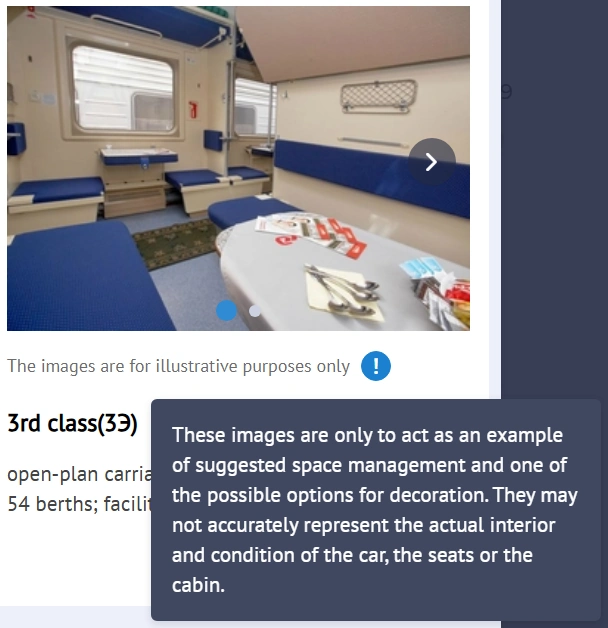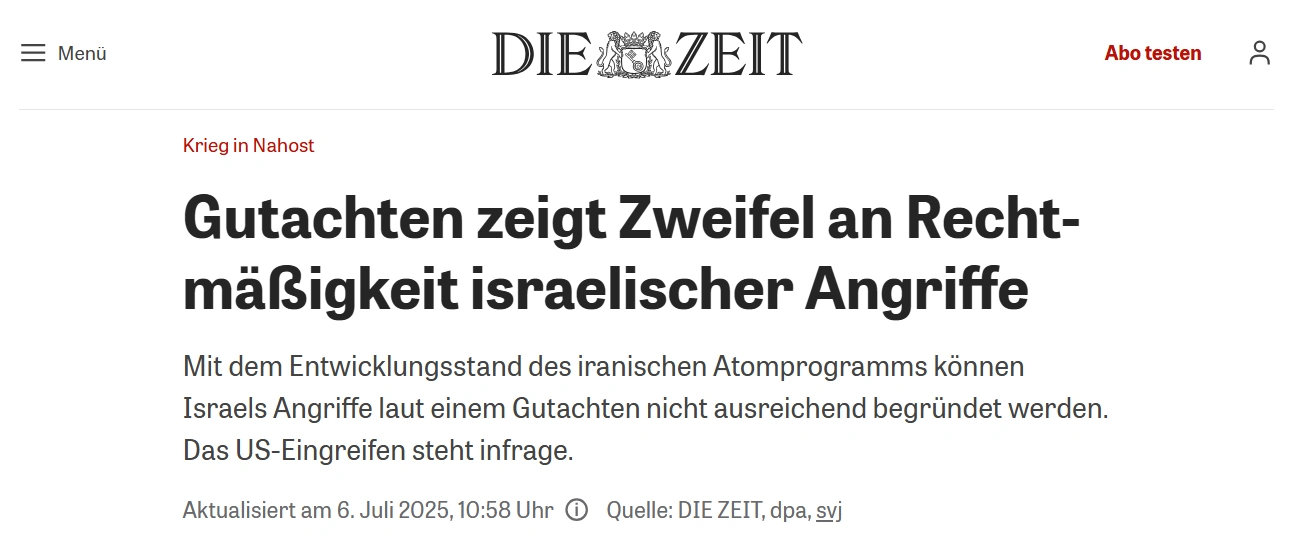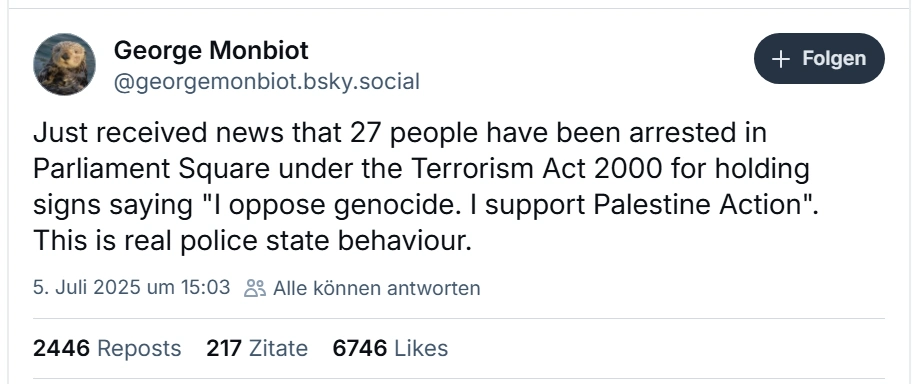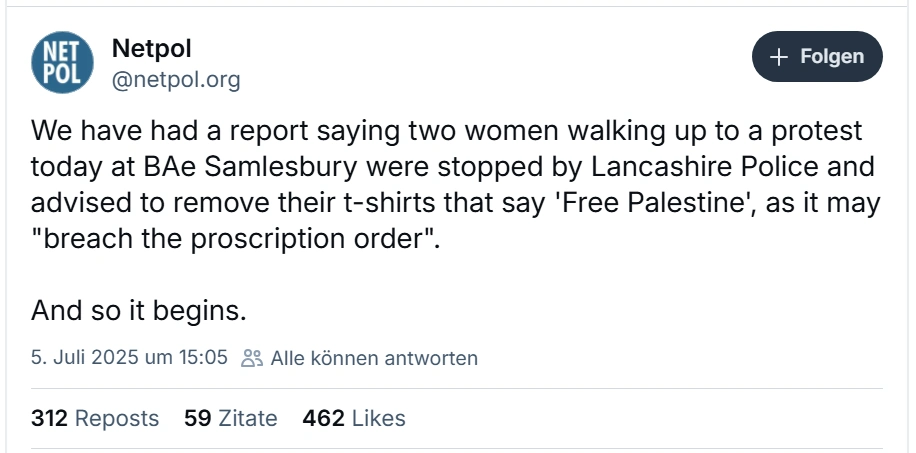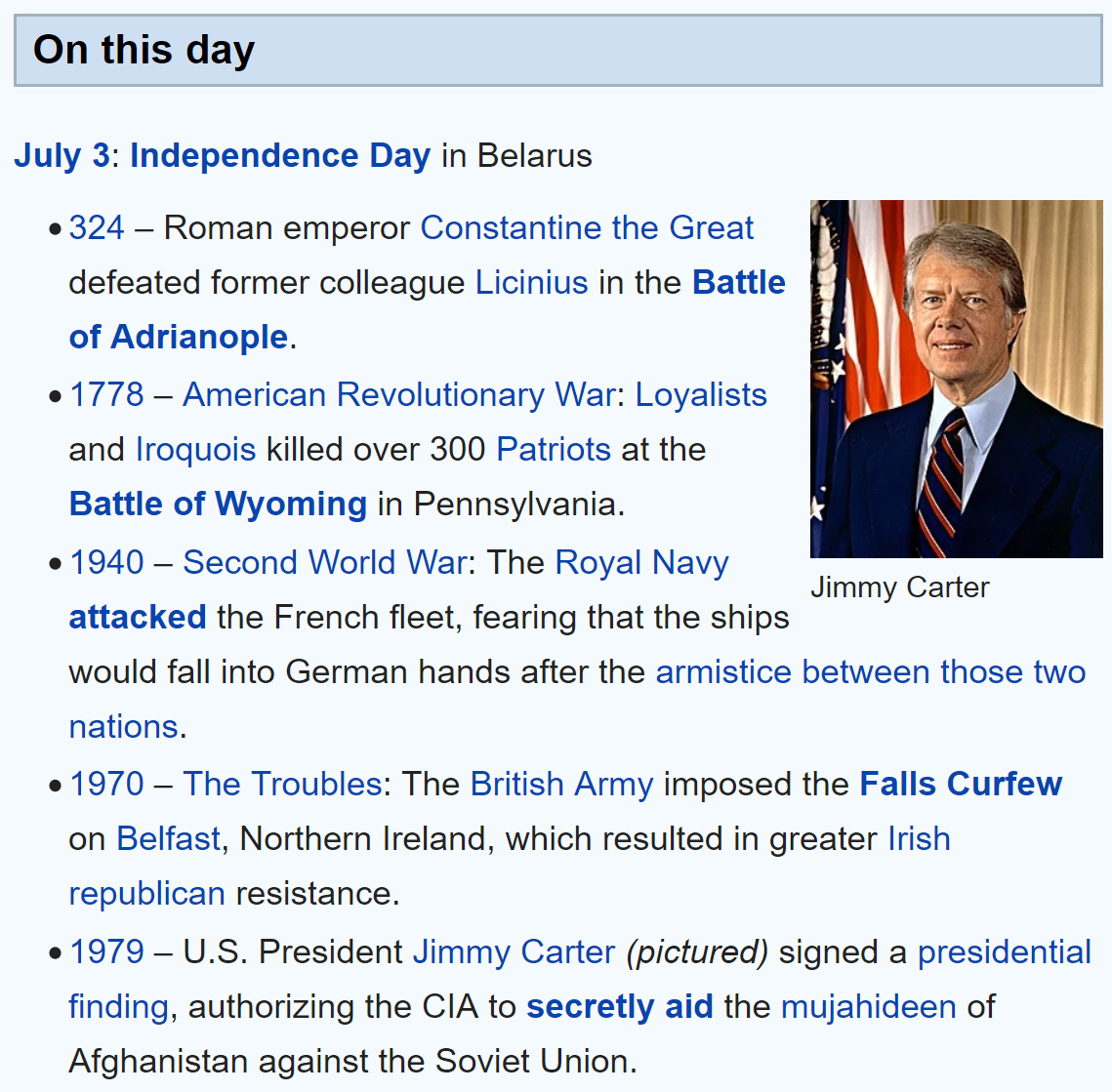Frankly, I don’t think that political awareness is going to prove the best medicine for our current malady. Most people know that financial dictatorship is destroying their life; the problem is knowing what to do about it. It is possible that nothing can be done, that power has become so deeply entrenched in the automatisms regulating daily life, connecting our interchanges, and infiltrating our words, that bio-financial control cannot be undone, or avoided.
So what can be done when nothing can be done?
I think that ironic autonomy is the answer. I mean the contrary of participation, I mean the contrary of responsibility, I mean the contrary of faith. Politicians call on us to take part in their political concerns, economists call on us to be responsible, to work more, to go shopping, to stimulate the market. Priests call on us to have faith. If you follow these inveiglements to participate, to be responsible — you are trapped. Do not take part in the game, do not expect any solution from politics, do not be attached to things, do not hope.
Dystopian irony (dyst-irony) is the language of autonomy. Be sceptical: do not believe your own assumptions and predictions (or mine).
And do not revoke revolution. Revolt against power is necessary even if we may not know how to win.
Do not belong. Distinguish your destiny from the destiny of those who want to belong and to participate and to pay their debt. If they want war, be a deserter. If they are enslaved but want you to suffer like them, do not give in to their blackmail.
If you have to choose between death and slavery, don’t be a slave. You have some chance to survive. If you accept slavery, you will die sooner or later anyway. As a slave.
You will die anyway; it is not particularly important when. What is important is how you live your life.
—Franco ‚Bifo‘ Berardi, Heroes, (London: Verso, 2015), 224-225.
Ω Ω Ω
Wir sind die letzte Generation mit Hoffnungen gewesen. Wir hatten die große Hoffnung, daß eine menschlichere Gesellschaft auf der ganzen Welt möglich ist. Ob diese Hoffnung nun berechtigt war oder nicht und ob unser Beitrag der richtige gewesen ist, bleibe mal dahingestellt. Doch diese Hoffnung kann heute niemand mehr haben, der bei klarem Verstand ist und sich auch nur einen Tag lang die Nachrichten anhört.…Es sieht rabenschwarz aus.
Ich meine allerdings: Ob man nun noch einen Hoffnungsschimmer sieht oder nicht, man sollte auf jeden Fall etwas tun. Die Hoffnung auf den Fünfjahresplan, die gibt es nicht mehr. Aber Herrschaft zu bekämpfen, dort wo sie ungerecht oder unerträglich wird, für eine solidarische, menschlichere Welt eintreten, das solltest du zumindest in deiner näheren Umgebung versuchen. Sonst bist du auf jeden Fall verloren.
—Bommi Baumann, 1991 introduction to »Wie alles anfing«, (Berlin: Rotbuch Verlag GmbH, 2007), 7-8.
-
Neueste Beiträge
Archive
- Juli 2025
- Juni 2025
- Mai 2025
- April 2025
- März 2025
- Februar 2025
- Januar 2025
- Dezember 2024
- November 2024
- Oktober 2024
- September 2024
- August 2024
- Juli 2024
- Juni 2024
- Mai 2024
- April 2024
- März 2024
- Februar 2024
- Januar 2024
- Dezember 2023
- November 2023
- Oktober 2023
- September 2023
- August 2023
- Juli 2023
- Juni 2023
- Mai 2023
- April 2023
- März 2023
- Februar 2023
- Januar 2023
- Dezember 2022
- November 2022
- Oktober 2022
- September 2022
- August 2022
- Juli 2022
- Juni 2022
- Mai 2022
- April 2022
- März 2022
- Februar 2022
- Januar 2022
- Dezember 2021
- November 2021
- Oktober 2021
- September 2021
- August 2021
- Juli 2021
- Juni 2021
- Mai 2021
- April 2021
- März 2021
- Februar 2021
- Januar 2021
- Dezember 2020
- November 2020
- Oktober 2020
- September 2020
- August 2020
- Juli 2020
- Juni 2020
- Mai 2020
- April 2020
- März 2020
- Februar 2020
- Januar 2020
- Dezember 2019
- November 2019
- Oktober 2019
- September 2019
- August 2019
- Juli 2019
- Juni 2019
- Mai 2019
- April 2019
- März 2019
- Februar 2019
- Januar 2019
- Dezember 2018
- November 2018
- Oktober 2018
- September 2018
- August 2018
- Juli 2018
- Juni 2018
- Mai 2018
- April 2018
- März 2018
- Februar 2018
- Januar 2018
- Dezember 2017
- November 2017
- Oktober 2017
- September 2017
- August 2017
- Juni 2017
- Mai 2017
- April 2017
- März 2017
- Februar 2017
- Januar 2017
- Dezember 2016
- November 2016
- Oktober 2016
- September 2016
- August 2016
- Juli 2016
- Juni 2016
- Mai 2016
- April 2016
- März 2016
- Februar 2016
- Januar 2016
- Dezember 2015
- November 2015
- Oktober 2015
- August 2015
- Juli 2015
- Juni 2015
- April 2015
- Januar 2015
- Dezember 2014
- November 2014
- Oktober 2014
- September 2014
- Juli 2014
- Juni 2014
- Mai 2014
- April 2014


